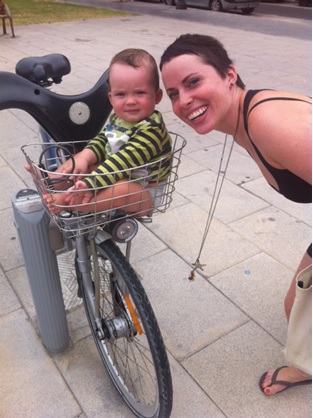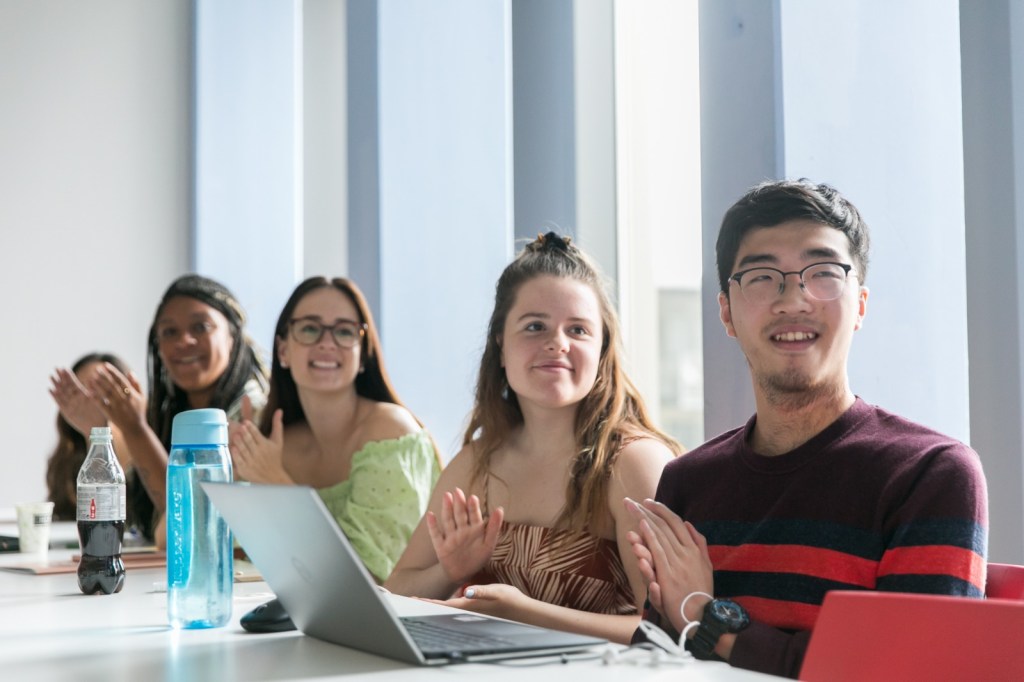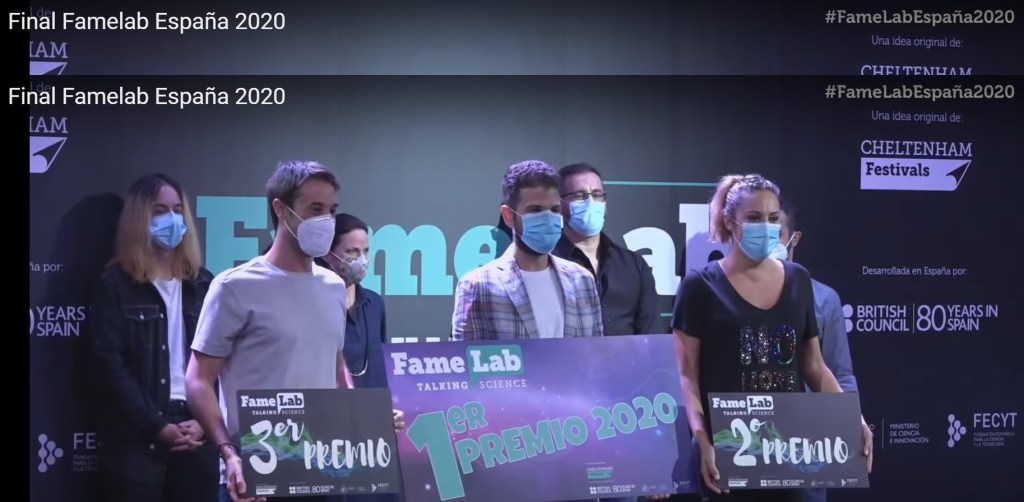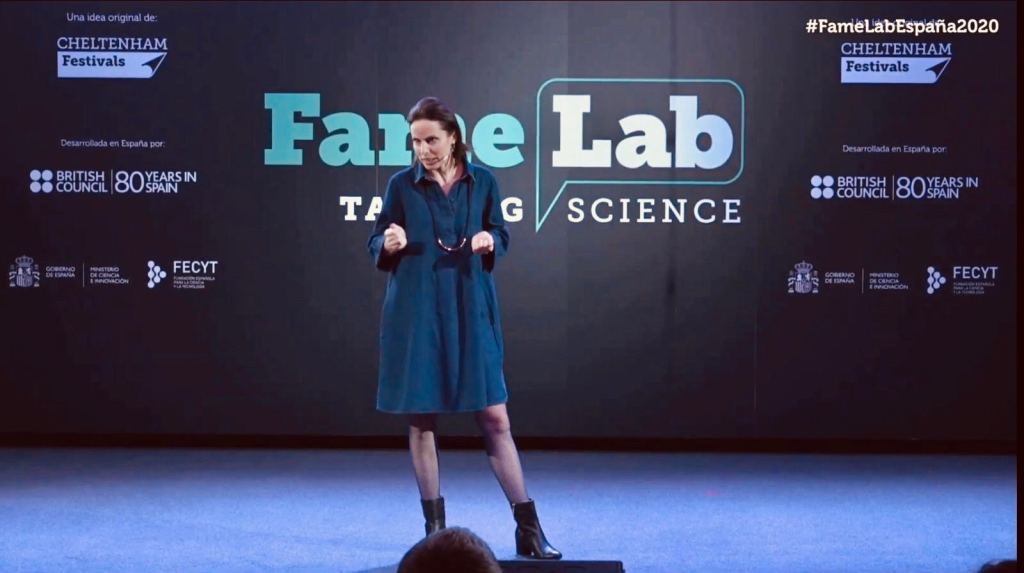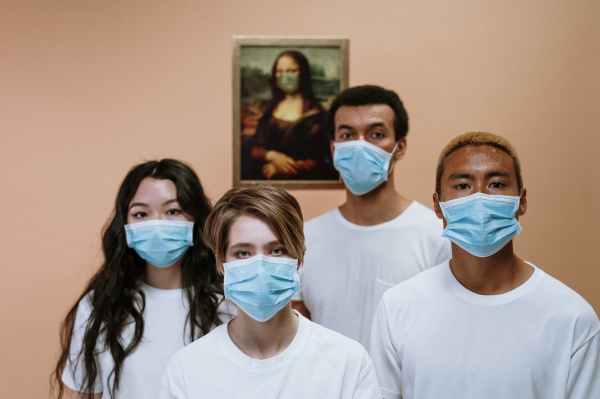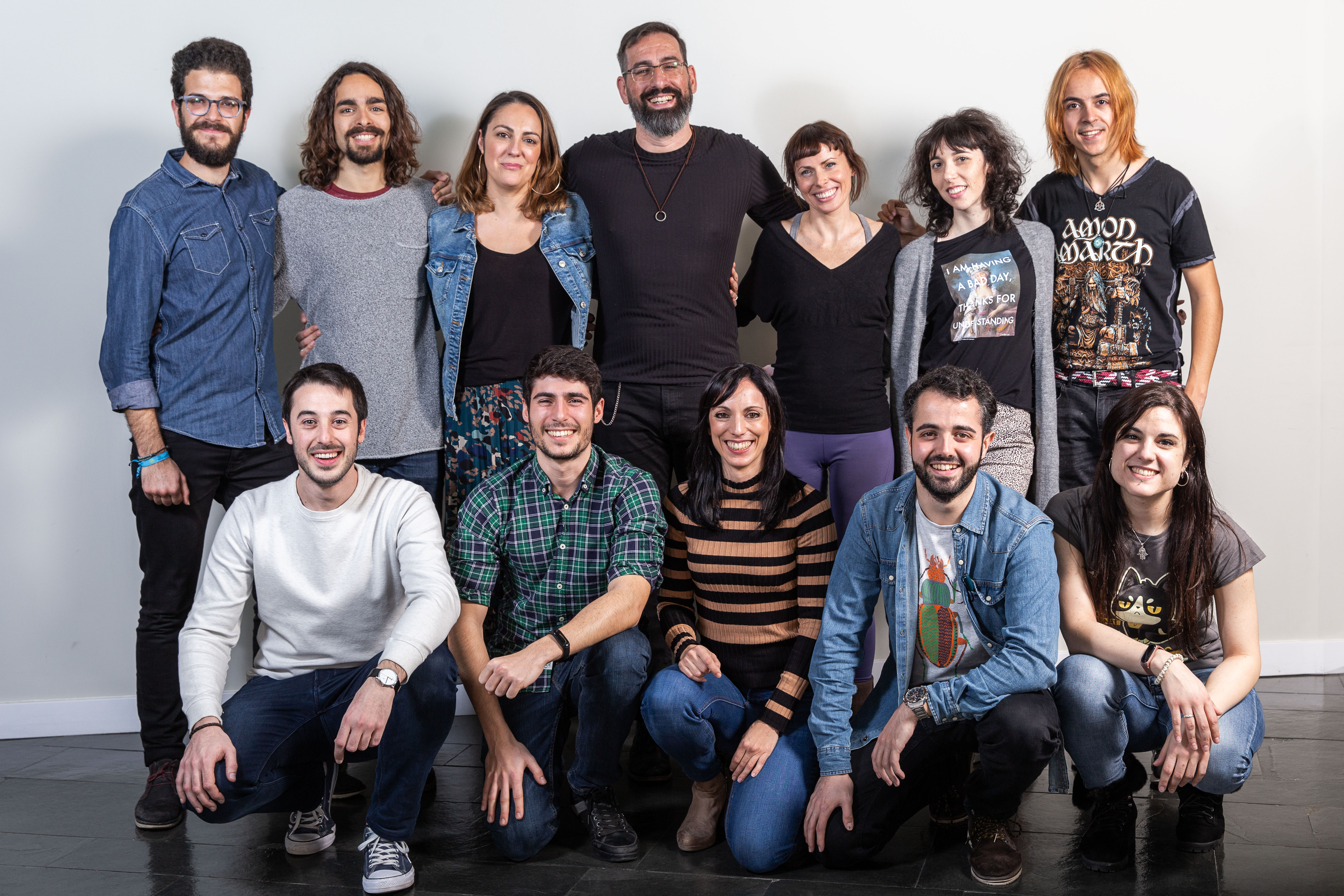Last week I presented our new project in SEPP, 5th congress of Positive Psychology in Bilbao, Spain. I went there tired, knowing that intensive format of the symposiums, inspiring keynote talks and numerous social events will not going to help me coming back home relaxed and energized, where my two boys were waiting for me. They both were not happy about the fact that their mummy was leaving for several days to work instead of going with them for a hike in the mountains. I told them I go there in order to present an important project. They politely responded “OK mamusiu” [a Polish word for mum], but we both knew that hiking together would be much more fun.
While preparing the presentation I realized I do not have much things to say. Since I did not had any data to share and was only showing the protocol of the study, I decided to move outside of the box and tell the public of the congress my story. We do not often hear the story behind the research. Why would someone get interested in studying sea lions migration instead of sea turtles? How someone gets to approach archaeological soil analysis from advanced chemistry perspective? What exactly makes the scientist ask themselves a precise research question and not the other? Or as in my case, what brought me to the point of asking the question whether compassion-based intervention can improve psychological, metabolic, and relational outcomes in youths with type 1 diabetes and their caregivers?
While giving the final touch to my power-point before the session my heart was bouncing in my chest, and my eyes were filling themselves with tears. It was not really because of the fact that my presentation time was approaching. I did already many of those scientific presentations where some personal insecurities can be nicely hidden behind fancy analysis or well-crafted graphs. It was more because it was my first time presenting a story, my story behind the research.
“I am very activated,” I told to my colleague sitting next to me who was also presenting in the same session. “Are you sure you want to do this?”, she asked. “Yes,” I paused, “I think it is important.”
We went to the conference room filled with people. I set and tried to keep my calm. “I will do a vulnerability exercise in my presentation,” I told to my session moderator. “You will do what?” he responded. “Don’t worry, you will see,” I said, knowing that he is a psychologist and a mindfulness teacher so although the context was not usual, he would understand me.
When it was my turn, I came and started with a joke about my accent so to put everyone at ease, including myself. I continued with the scientific background, innovative points, and research methods. The public seemed attentive, and I could catch the eyes of many of my colleagues sitting there. Just before concluding I said, “I would like to share with you the reason why of this particular project.” I took a deep breath and showed them the quotation of Victor Frankl: In some ways suffering ceases to be suffering at the moment it finds the meaning. “This project is for me a way to make a meaning of my experience and share my knowledge so others that hopefully can benefit from it,” I breathed out.
I showed the photo of my 10-month son Teo, just a month before his diagnosis with type 1 diabetes. Back then, in Spain there was no continuous glycemia monitoring, insulin pomps, or nearly any adapted to this age range tools covered by the social security. The doses of insulin that my son needed were so small that even the minimal unit in the insulin pen was too much for him and we needed to mix the serum with insulin in what seemed at the time the biggest syringe in the world, comparing to his tinny thigh. The doctor said to us that the risk is that he might fall asleep and not wake up because of possible hypoglycemia, so I just stayed awake, as long as I could. It was the toughest time in our life.
Now Teo is 9,5 years old and enjoying his life to the fullest. He has the newest equipment supporting his diabetes management in his daily live, and I can go to bed knowing that an alarm will wake me up if his blood sugar dangerously drops.
The goal of my presentation was to emphasize the importance of the psychological support for youth with diabetes and their caregivers, while being aware that there are still some parts of the world where the basic insulin supply is only a kind wish. But we all need to start dreaming somewhere, aren’t we?
I stopped the talk and had difficulties to gaze around to connect with the public. I was vulnerable, but so the whole room was. Not sure if it was the effect of my emotional induction, or a general emotional contagion but the emotions were palpable in the conference room, and one could hear their neighbors blow their noses. I felt released and satisfied. My story helped me to connect to my purpose as a scientist. Also my son could see his photo projected on the screen of a scientific conference, so he could see that although much less fun than hiking, mummies’ work was important after all.







